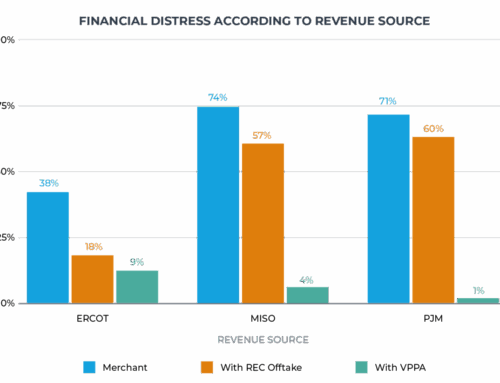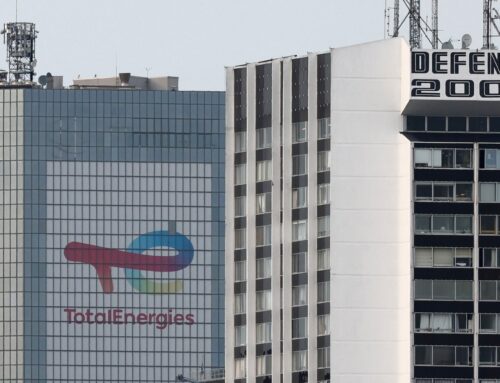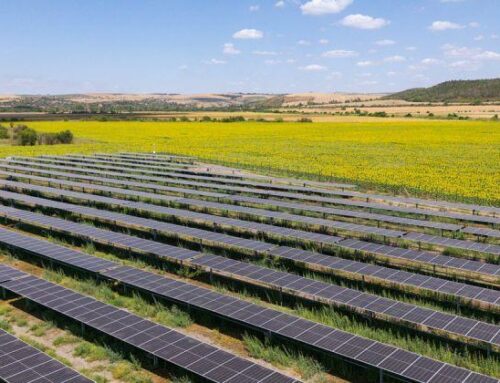Cyprus’s Clean Energy Paradox
September 30, 2025
With the European Union under pressure to cut emissions, reduce Russian gas dependence, and diversify its energy partnerships, Cyprus is in a unique position. The island – traditionally heavily dependent on imported fossil fuels – has more clean energy than its system can absorb.
Although the EU member can serve as both a regional energy node and a test case for integrating distributed solar with storage in small, isolated grids, it still faces major challenges. As an island without interconnections, Cyprus has a relatively small electricity market and a limited number of producers. It is, therefore, no surprise that the country has one of the highest electricity rates in Europe.
The development of the green energy sector can undoubtedly help ease the cost burden on consumers and improve energy affordability. Still, the fundamental problem remains: it is not the amount of energy produced, but the limitations of the infrastructure.
Cypriot electricity grid is aging, and is limited in flexibility. Moreover, it is locked into fossil fuel plants that need to stay online at minimum operating levels. During periods of low demand – weekends, holidays, mid-day sun – the system simply cannot take more solar. And with no large-scale energy storage yet operational, there is nowhere for the excess power to go.
Even though more renewable energy plants are being built in all over the country, and the island has managed to become a global reference in the use of thermal solar energy to heat water, it seems that a lot of green energy is still being wasted. In early 2025, Cyprus curtailed over 58% of the renewable electricity it could have used. That includes a record amount from residential and small commercial systems – roughly 19,850 MWh. By comparison, curtailment was just 3.3% in 2022. In under three years, the grid has gone from managing solar growth to actively shutting it down.
This rapid shift has left many households and small businesses frustrated, especially those who invested in rooftop solar expecting long-term savings. With little compensation for curtailed energy, confidence in the system is weakening, raising concerns about whether public trust in the energy transition can be sustained without clear policy changes.
This situation also makes it harder for new renewable projects to succeed. When producers cannot be sure their electricity will be used, it creates uncertainty and slows down investment in clean energy. As a result, what was supposed to be energy independence is, increasingly, becoming a source of doubt.
The authorities have responded with its first subsidy scheme for large-scale energy storage. According to the government plans, roughly 150 MW / 350 MWh of battery storage is expected to come online, much of it connected to existing solar plants. Moreover, with support from the EU, Cypriot authorities have launched a €35 million investment support scheme to promote renewable energy projects combined with energy storage.
The private sector is also playing an important role in Cyprus’ green energy transition. TotalEnergies, the French energy major and one of the world’s top renewable developers, recently received approval for a 100 MW solar-plus-storage project in Limassol. It is equivalent to nearly a quarter of Cyprus’s current utility-scale photovoltaic capacity. Expected to produce 160 GWh annually, the project could power over 30,000 households.
Although oil accounted for 85% of the country’s total energy supply in 2023, Cyprus has set a target of sourcing 22.9% of final energy consumption from renewables by 2030. Across the EU 42.5% of net electricity generated in the first quarter of 2025 came from renewable sources, highlighting that Nicosia’s ambition remains relatively modest in comparison. That is why, in the coming years, the EU will be watching how Cyprus handles the transition – not just in terms of targets, but in how it modernizes systems, builds resilience, and attracts investment.
But clean energy is not just an environmental issue anymore. It is also a geopolitical one. This makes the timing of Cyprus Forum 2025, set for October 1–3 in Nicosia, especially relevant. The event will bring together policymakers, investors, and civil society to discuss key issues facing Cyprus and Europe. Energy transition, grid integration, and regional cooperation are likely to top the agenda – not as slogans, but as urgent challenges.
Coincidently or not, on October 1 the Cypriot government will launch a competitive electricity market, aiming to provide citizens and businesses with more affordable and reliable power while accelerating the island’s shift toward renewable energy. As the nation’s Energy, Commerce and Industry Minister George Papanastasiou recently stressed, Cyprus must accelerate its energy transition with a focus on natural gas and renewable energy sources.
Indeed, with the right mix of storage, grid upgrades, and policy reforms, Cyprus could almost certainly become a leader in renewable – particularly solar – integration. Given that the nation is experiencing unprecedented growth in solar energy adoption, the island has the chance to transform its energy landscape and possibly become a regional pioneer in clean, resilient, and forward-thinking energy systems.
[Image by Sebastian Ganso from Pixabay]The views and opinions expressed in the article are those of the author.

The author is a Serbian freelance journalist. He writes for several publications such as CGTN, Geopolitical Monitor, Global Security Review, International Policy Digest and Global Comment. Nikola also regularly contributes for YouTube geopolitical channel KJ Vids. He covers mostly Russia, Belarus and Ukraine.
Search
RECENT PRESS RELEASES
Related Post



